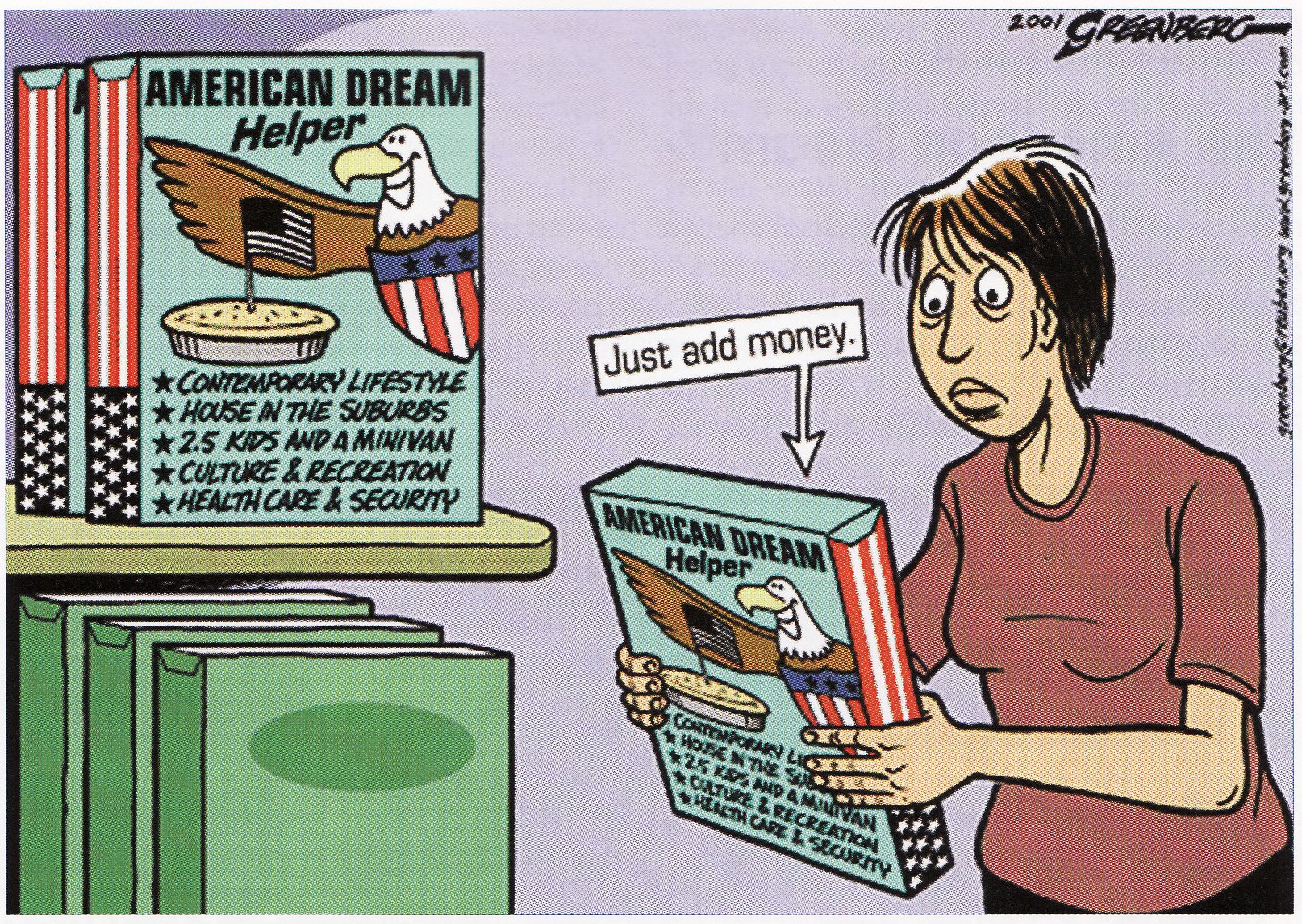Sounds pretty deep for a headline, right? Maybe not. Consider this:
Much of this is ultimately supposed to be good. The term “disrupter” has become an accolade, like first-responder or something. Yet there could be an awful political and social price to pay, and that, for the moment, is being discussed only in whispers — largely limited to forums like Aspen and not the political arena. The stirring will likely have severe political repercussions. After all, what is being disrupted is not the occasional industry but the American Dream. The disrupters disrupt sleep itself.
We already know job growth is up but earnings are flat, and we know that inequality is pretty severe. This idea of a “Power Curve Society” is primarily discussed at places like the Aspen Institute, and it speaks to the idea that a high middle-class society (like the U.S.) actually doesn’t benefit from technological innovation, because that technological innovation can end up boosting the upper class and stagnating the middle class.
“Disruption” has been a buzzword of late in many circles — here’s a recent article speaking to that — so much so that one of the last times I checked in for a flight, the family in front of me was having passport trouble and the husband turned around to me and said the airline industry needed to be “disrupted.” (I’m not 100 percent sure he knows how to disrupt industries; it’s typically hard to disrupt those with a huge cost of entry — but I might be wrong.)
“Disruption” is commonly viewed as a good thing, akin to shaking up the shitty status quo. (Think what Uber is doing to taxis, or what Google did to searching the Internet, or what Facebook did to staying connected to your friends, etc, etc.) But what if this whole idea of disruption is actually disrupting one primary thing: the middle class American Dream?
We know it’s possible that your family’s last name can keep you on top of a society for 26 generations, and we know that Pew Charitable Trusts — who live in the data, essentially — seem to believe it’s not possible. The 1 percent may soon own more than the entire bottom 50 percent, wealth-wise. Inequality’s a problem. Maybe we’re doomed. Maybe we shouldn’t be so swayed by data. I go back and forth on these things. Predominantly, I do think the middle class is dead. Then I scold myself for being so negative.
When we talk about “disruption,” then — and finding new, fast, suave ways to do things — are we really just keeping the middle class running in place, boosting the upper class, and pushing the lower class further to the fringes? Is America’s obsession with sleek product and disruptive technologies actually going to sink it as a first-world nation?
Deep thoughts for a Thursday, but I do think about this stuff.
